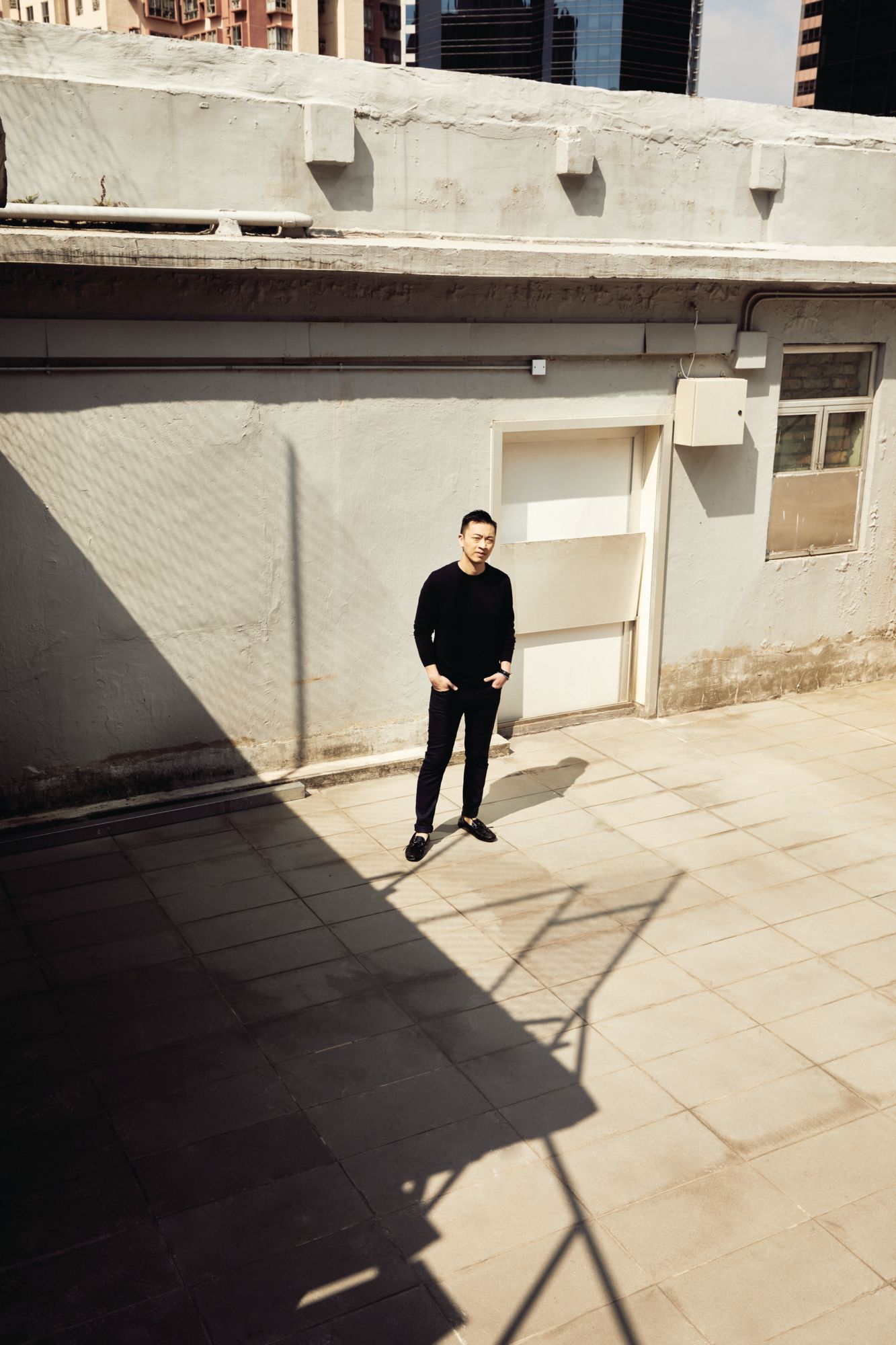Danny Yeung, CEO and co-founder of genetic testing company Prenetics, has launched fast, cheap and—he says—accurate Covid-19 rapid testing to help restore normality to a stricken world
All eyes are on Danny Yeung. In a world desperately—in some cases even recklessly—seeking a return to normality, the Chinese-American entrepreneur and his genetic-testing company Prenetics are building a business model in the hope that rapid testing can make activities like travel and large events possible once again.
A career built on pivoting from one industry to the next set Yeung up for the extraordinary journey he started this year. Less than 12 months after he created a certain amount of buzz in Hong Kong with the launch of CircleDNA, which sells at-home test kits that detect disease risk, food sensitivities, personality and behavioural traits, Yeung’s company became one of the forerunners in a global race to roll out a rapid, cheap Covid-19 test. Prenetics began selling one in April under the brand name Project Screen by Circle that produces results in 16 to 24 hours.
But the goal to restore travel and in-person events is dependent on something much faster and more reliable. Yeung is testing a new technique called “RT-Lamp”, short for reverse transcription-loop mediated isothermal amplification, that produces test results within 30 minutes and can be operated at low cost without specialist equipment or training. Unlike polymerase chain reaction (PCR) technology, currently the gold standard of testing worldwide and required by the Hong Kong government to gain entry to the city, Lamp, Yeung claims, has at least a 92 per cent accuracy rate with no false positives, which would make it a far better alternative to other methods, such as antigen testing, when dealing with people who are asymptomatic. The 300,000 samples Prenetics has processed to date in Hong Kong have yielded 300 positive cases from individuals who may have gone on unknowingly to infect others.
Like the virus itself, Covid-19 research moves rapidly as governments worldwide seek to bring a sense of control back to societies paralysed by unmanageable infection rates. In October, Prenetics acquired Oxsed, a company founded to commercialise the Oxford University research that yielded a Covid-19-specific Lamp test. And by mid-November, as Hong Kong and Singapore were on the cusp of establishing a “travel bubble” between cities, Yeung began rolling out Lamp at scale on incoming travellers at Hong Kong International Airport.
See also: Introducing Asia's Most Influential: The Impact List 2020

“We solemnly swear to be the change we want to see in the world, and to pass on the gift of good health and the power of prevention”, reads the Prenetics manifesto displayed in the company’s North Point headquarters.
Yeung, 42, does not claim to be a scientific expert: he is an entrepreneur first and foremost, yet he has built a strong team of researchers led by Dr Lawrence Tzang, Prenetics’ co-founder and chief scientific officer, and a board of medical academics and genomics experts. Sharp and skittish, Yeung speaks in rapid-fire bursts punctuated with countless utterances of “correct?” as his breakneck train of thought races ahead. The running thread is his hands-on attitude and unyielding energy: in 15 years, he has gone from making mango puddings during his venture into restaurant franchising, to taking out the bins for his e-commerce firm uBuyiBuy, to reading research voraciously to keep Prenetics at the edge of genetics. His uBuyiBuy site was sold to Groupon and Yeung was the online giant’s Asia-Pacific CEO until 2014, when he started a family and began investing in early-stage start-ups.
In the boisterous Prenetics office, desk staff are separated from laboratory technicians by a glass wall, a physical manifestation of the transparency for which the company strives. In an industry marred by mistrust after DNA testing companies including 23andMe and Ancestry were found to sell data to drug-making firms, and the industry darling Theranos was declared a fraud, CircleDNA positions itself as a competitor that does not sell data, allows registration under a pseudonym and deletes customer information on request, while Project Screen’s samples are anonymous—unless they are found to be positive. The tests have been adopted by football and cricket teams in the UK, as well as staff in more than 16,000 restaurants.
While at one of them in Hong Kong earlier this year, the enormity of Prenetics’ responsibility and potential hit Yeung when he overheard other diners marvelling at the Hong Kong company that had enabled the English Premier League football teams’ return to training, leading to Liverpool winning the cup. “Who would think a Hong Kong company would be helping the Premier League resume their season?” says Yeung. “That drives me every day: knowing we’re at the forefront, not just in Hong Kong, but in the world for Covid-19. We are very proud that this started from Hong Kong.”
See also: How Hong Kong's Bars And Restaurants Are Banding Together To Adapt During The Coronavirus Pandemic



